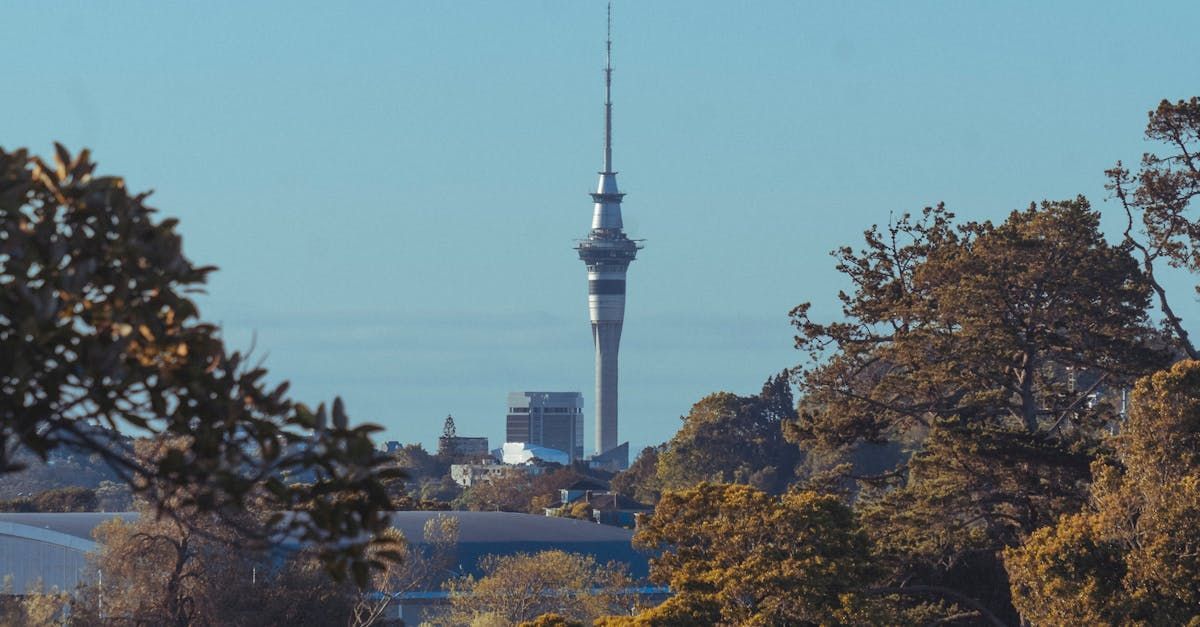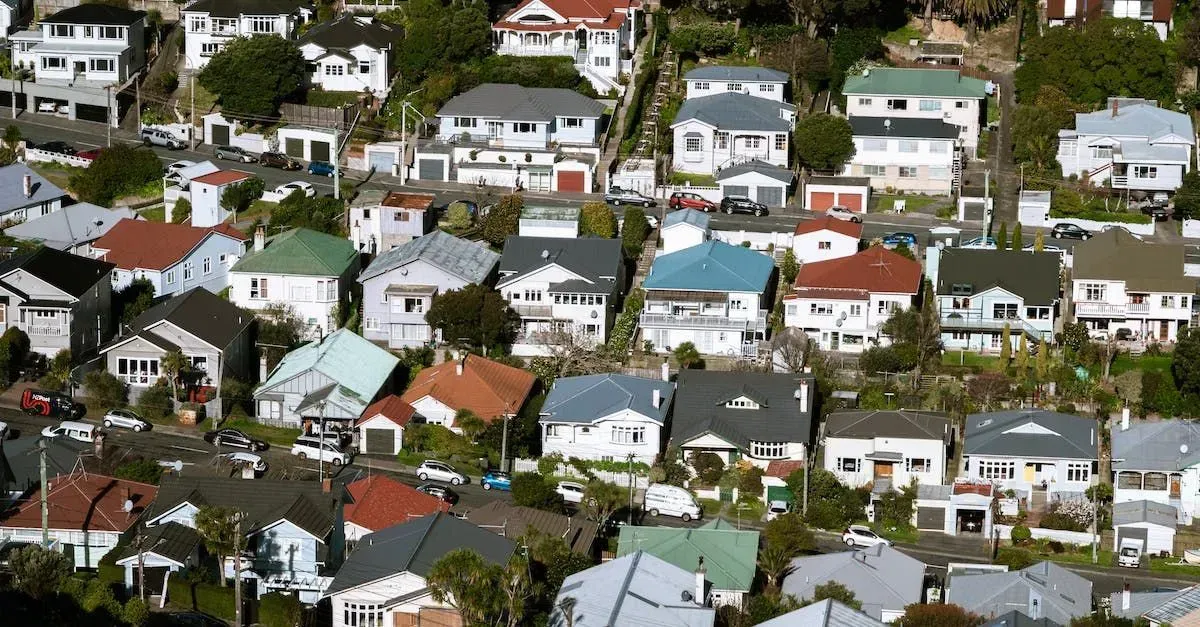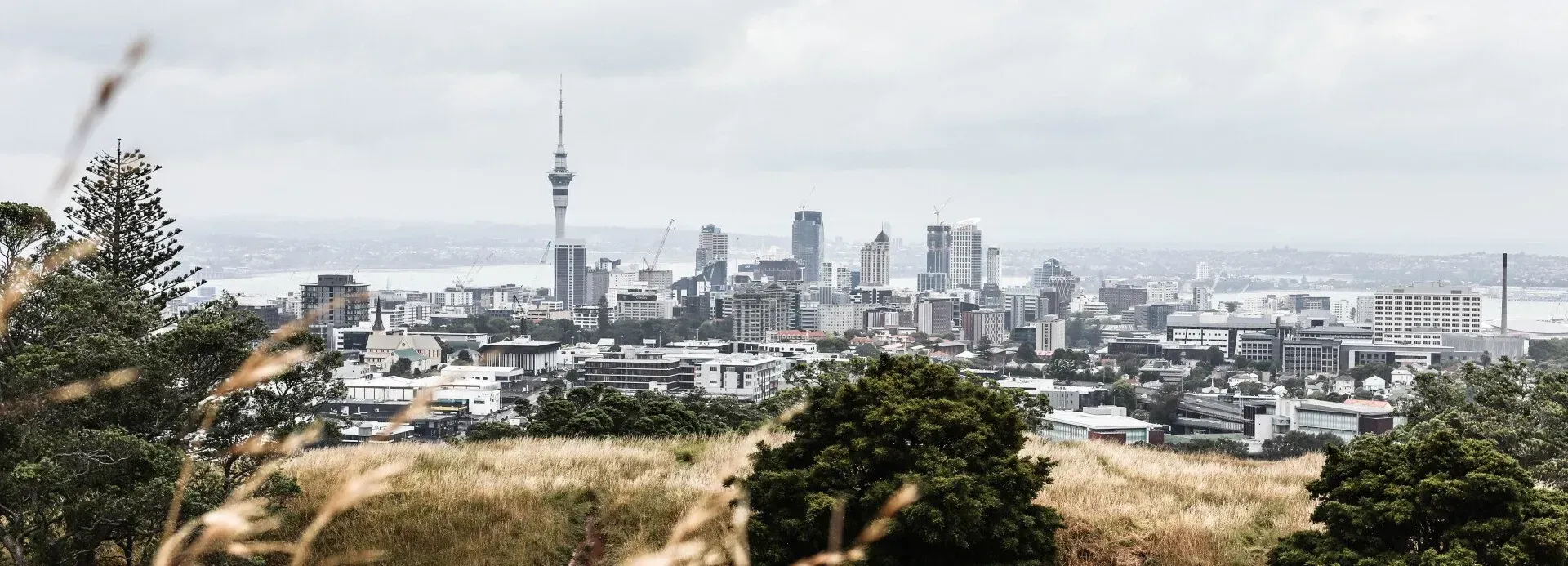Auckland's Urban Development Landscape: Challenges and Opportunities
Auckland's Urban Development Landscape: Challenges, Opportunities & Why You Need Urban Planning Consultants
Trying to get a development project off the ground in Auckland? You're probably already aware it's a unique beast. Auckland's urban landscape is constantly shifting, driven by growth, new regulations like the Unitary Plan, and the ever-present Resource Management Act (RMA) which is also up for review. For investors, developers, and property owners, navigating this complex environment presents both significant challenges and exciting opportunities. Understanding this landscape is the first step, but having the right guide is crucial.
This is where experienced urban planning consultants in Auckland become invaluable. The planning environment is constantly evolving, and keeping up requires specialist knowledge. Any investor or developer would be wise to have a local expert making sure they are steered in the right direction, kept up-to-date, and guided smoothly through council processes. Let's break down the current state of play.
What is Urban Planning?
Urban planning , sometimes referred to as town planning, is essentially the process of designing and regulating the use of space. It focuses on the physical layout of human settlements, considering aspects like land use, infrastructure (like transport networks), environmental protection, and community well-being. Good urban planning aims to create functional, attractive, and sustainable places for people to live and work. It involves balancing competing demands for development, conservation, and social needs, often translating broad strategic goals into specific rules and guidelines for development projects.
In the Auckland context these plans and rules are formulated into the Auckland Unitary Plan.
What Does an Urban Planning Consultant Do?
An urban planning consultant acts as your expert guide through the complexities of the planning system. Their primary role is to provide professional advice and manage the processes involved in obtaining approvals for land use and development projects. This often involves preparing and lodging resource consent applications, undertaking site feasibility assessments, liaising with council planners and other specialists (like engineers or surveyors), and providing strategic planning advice. They interpret complex regulations, identify potential issues early, and develop strategies to achieve the best possible outcome for their client's project, whether it's a small residential subdivision or a large commercial or industrial development.
Key tasks we can help with are:
- Interpreting the Auckland Unitary Plan and relevant RMA provisions.
- Preparing high-quality Assessment of Environmental Effects (AEE) reports.
- Managing the resource consent application process from start to finish.
- Offering strategic planning advice for land development potential.
- Coordinating with other consultants (surveyors, engineers, architects).
- Facilitating communication and consultation with Council and affected parties.
Why is Auckland's Urban Development So Complex? (The Challenges)
Auckland's rapid growth has put immense pressure on infrastructure and housing. To manage this, Auckland Council operates under the comprehensive Auckland Unitary Plan , a massive document outlining zoning, development controls, and environmental regulations across the entire region. They also have a Long Term Plan setting out how and where they will invest in infrastructure.
Navigating the Auckland Unitary Plan, alongside the overarching Resource Management Act 1991 (RMA), requires significant expertise. Key challenges include:
- Regulatory Hurdles: Understanding and complying with the intricate rules of the Unitary Plan and RMA is demanding. The planning process is essentially designed to manage environmental effects, which adds layers of assessment.
- Resource Consent Requirements: Many development activities, from building a new deck to undertaking major subdivisions, require resource consent. The application process can be lengthy and requires detailed information and assessment.
- Infrastructure Strain: Ensuring new developments are adequately serviced by transport, water, and wastewater infrastructure is a constant consideration for Council and developers alike.
- Stakeholder Consultation: Engaging with neighbours, mana whenua, and community groups may be necessary and requires careful management and clear communication.
- Evolving Policy: The planning landscape isn't static. Changes in national direction (like NPS-UD) and Council policy such as PC79 - Transport, mean strategies need constant review – something expert planning consultants stay across.
Successfully managing these challenges demands attention to detail, a thorough understanding of the planning process, and often, specialist advice to ensure compliance and avoid costly delays. The complexity means even seemingly straightforward projects can hit unexpected roadblocks without proper planning advice.
What Opportunities Exist in Auckland's Urban Development?
Despite the challenges, Auckland offers significant opportunities for savvy investors and developers. The push for intensification under the Unitary Plan creates potential for higher-density housing in many areas. Key opportunities include:
- Intensification: Zoning changes allow for more townhouses, apartments, and terrace housing, particularly near transport hubs and town centres, supporting both residential and commercial growth. Look for Terrace Housing and Apartment Building zoning when selecting a site.
- Subdivisions: Creating new residential lots remains a key development activity, catering to ongoing housing demand across the Auckland region.
- Mixed-Use Developments: Combining residential, commercial, and retail spaces can create vibrant community hubs and offer diverse investment potential. Look for Mixed Use zoning if this is of interest to you.
- Infrastructure Projects: Ongoing investment in transport and public amenities creates flow-on opportunities for development in surrounding areas.
- Brownfield Redevelopment: Converting underutilised industrial or commercial sites for new purposes, often residential or mixed-use, presents unique development potential.
Capitalising on these opportunities requires a clear strategy, an understanding of site constraints and potential, and the ability to navigate the planning approvals pathway efficiently. This is where the value of strategic planning advice becomes clear.
Navigating the Resource Consent Process in Auckland
The resource consent process is central to undertaking most development projects in Auckland. It's the Council's way of assessing proposed activities against the rules and environmental standards set out in the Unitary Plan and the RMA. Having a knowledgeable planner guide you through this is essential.
What is a Resource Consent?
A resource consent is formal approval from the local council (Auckland Council in this case) to carry out an activity that might affect the environment and isn't explicitly permitted as of right by the district or regional plan (like the Auckland Unitary Plan). It grants permission to use or develop land or resources in a certain way, subject to specific conditions.
What Requires a Resource Consent?
A wide range of activities can trigger the need for resource consent. Common examples in Auckland include:
- Subdividing land ( subdivisions ).
- Building a new house or structure that doesn't meet all the 'permitted activity' rules (e.g., height, setbacks, site coverage).
- Undertaking significant earthworks.
- Changing the use of land or a building (e.g., from residential to commercial).
- Activities affecting streams, wetlands, or coastal areas.
- Discharging contaminants to air, land, or water.
- Taking or using water.
- Certain commercial or industrial operations.
If you're unsure, the best first step is to seek professional planning advice.
How Long Does it Take to Get a Resource Consent?
The statutory timeframe for processing a non-notified resource consent application is 20 working days once the council deems the application complete. However, this clock often stops if the council requests further information (a Section 92 request) and in the Auckland context the Council regularly doubles timeframes to 40 working days.
Realistically, simple to medium consents might take 1-3 months, while more complex or notified applications can take considerably longer, potentially 6 months or more, especially if hearings are required. Your consultant can provide a more tailored time frame estimate based on your specific project.
How Much Does it Cost to Get a Resource Consent in Auckland?
Costs vary significantly depending on the complexity of the application, the need for specialist reports, and whether the application needs to be publicly notified. Auckland Council charges fees based on the time spent processing the application. A simple consent might cost a few thousand dollars in council fees, while complex applications requiring extensive assessment, specialist input, and potential hearings can run into tens of thousands. If you are planning a land use and subdivision consent the Council deposit currently stands at $12,000.
Your planning consultant's fees are in addition to this. While it's an investment, good advice can prevent costly mistakes and delays related to Council information requests.
How Long Does a Resource Consent Last?
Most land use consents, once granted and "given effect to" (meaning the activity has started), essentially last indefinitely unless a specific lapse date or condition states otherwise.
Subdivision consents typically have a lapse date by which the new titles must be created (often 5 years, but check the specific consent). Consents for activities like water permits or discharge permits usually have fixed terms (e.g., 10, 25, or 35 years).
What Specialist Reports Will I Require?
Depending on the nature and scale of your project and the site's characteristics, Council may require specialist reports to support your resource consent application. Common reports include:
- Geotechnical Assessment (especially for earthworks or foundation design).
- Engineering Report (for infrastructure like stormwater, wastewater).
- Traffic Impact Assessment (for projects generating significant traffic).
- Contamination Assessment (for potentially contaminated land).
- Ecological Assessment (if affecting significant vegetation or habitats).
- Archaeological Assessment (if affecting potential heritage sites).
- Landscape Assessment (for larger developments or where views are affected).
- Survey Plan (essential for subdivisions).
An experienced planning consultant can identify which reports are likely needed early in the project planning stage, helping you budget and manage the process effectively.
Is it Worth Getting a Planning Consultant?
Absolutely.
While it might seem like an added expense, engaging a skilled planning consultant early often saves significant time, money, and stress in the long run. The planning system is complex, and mistakes can lead to lengthy delays, refused consent applications, or costly compliance issues down the track. A good consultant understands the nuances of the council processes and regulations and will prepare a high quality AEE that the Council can then rely upon in making their assessment of the proposal.
- Expertise & Efficiency: We know the rules (including the Unitary Plan and RMA), the processes, and the people at Council, streamlining your application.
- Risk Mitigation: We identify potential issues early and develop strategies to address them, increasing your chances of a successful outcome.
- Time Savings: We manage the application process, coordinate specialists, and handle council communication, freeing up your time.
- Cost-Effectiveness: Avoiding delays, redesigns, or failed applications often outweighs the consultant's fee. We provide value through professional advice.
- Better Outcomes: Our strategic advice can help optimise your development potential within the planning framework.
Why Choose Specialist Planning Consultants in Auckland?
When selecting your advisor, look for specialist urban planning consultants with proven experience specifically within the Auckland region. Local knowledge is critical for effectively navigating Auckland Council's specific requirements and the nuances of the Unitary Plan. Look for a firm that emphasises:
- Local Auckland Expertise: Deep understanding of the Unitary Plan, Council processes, and the regional development context.
- Proven Track Record: Success across a range of projects, from residential subdivisions to complex commercial developments.
- Attention to Detail: Meticulous preparation of applications and thorough assessment of planning issues.
- Clear Communication: Keeping you informed and facilitating effective dialogue between all parties involved. Excellent service hinges on this.
- Client-Focused Approach: Working collaboratively to understand your goals and deliver the best possible planning outcome.
- Integrity and Professionalism: Providing honest, reliable, and professional advice you can trust.
The urban planning environment is constantly evolving in Auckland. Any investor and developer would be wise to have a local expert like experienced urban planning consultants making sure they are steered in the right direction and kept up to date with the current urban development landscape. Their expertise ensures a smoother path through the resource management and planning processes.
Are Urban Planners in Demand in New Zealand?
Yes, urban planners and planning consultants are in demand in New Zealand, particularly in high-growth areas like Auckland. The ongoing need to manage urban growth, address housing supply, upgrade infrastructure, and protect the environment means skilled planners play a crucial role. This demand reflects the complexity of the planning system and the value that expert planning advice provides to developers, councils, and the community in shaping sustainable development outcomes across the private and public sector.
Your Partner in Auckland Development
Navigating Auckland's urban development landscape requires careful planning, strategic thinking, and expert guidance. The challenges posed by complex regulations and growth pressures are significant, but so are the opportunities for well-considered residential and commercial projects. Engaging knowledgeable urban planning consultants in Auckland is key to unlocking that potential and achieving success.
If you're planning a development project in Auckland, getting the right advice early is crucial. A specialist planning consultant can provide the expertise, strategy, and support needed to navigate the resource consent process efficiently and achieve your goals. Don't hesitate to get in touch with expert planning consultants to discuss your project needs and how they can provide exceptional service and guide you through the intricacies of Auckland's planning system. Let us help you shape your development aspirations into reality. Contact us for professional advice today.






